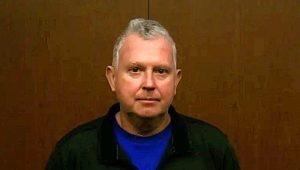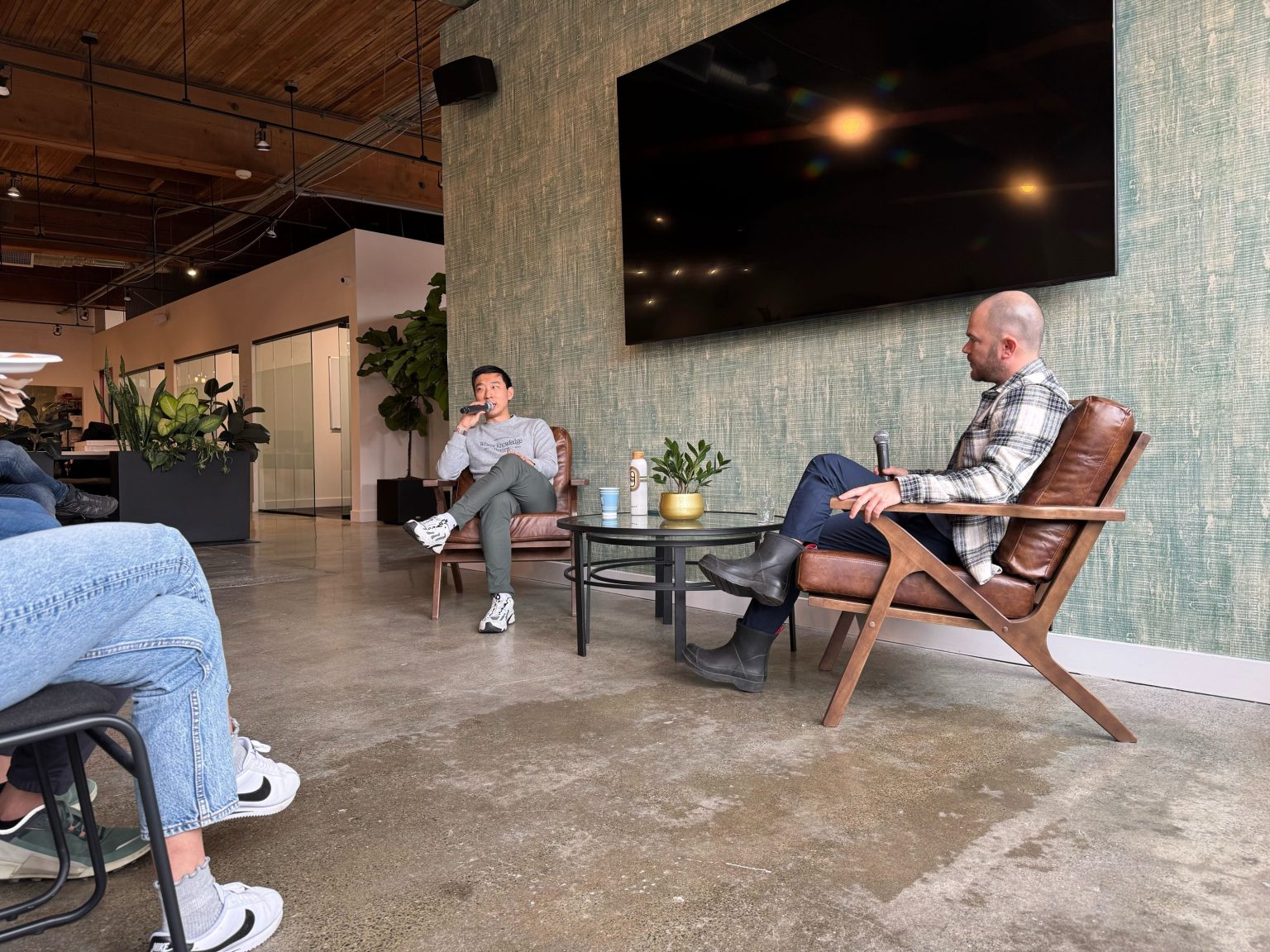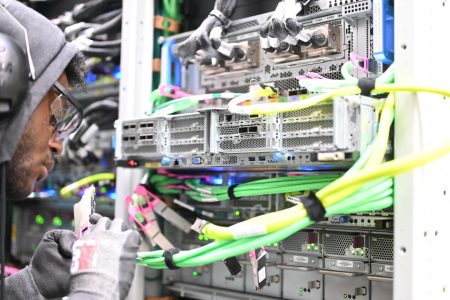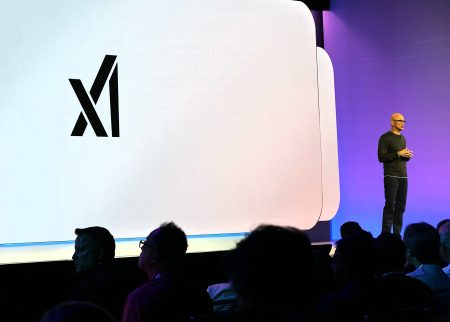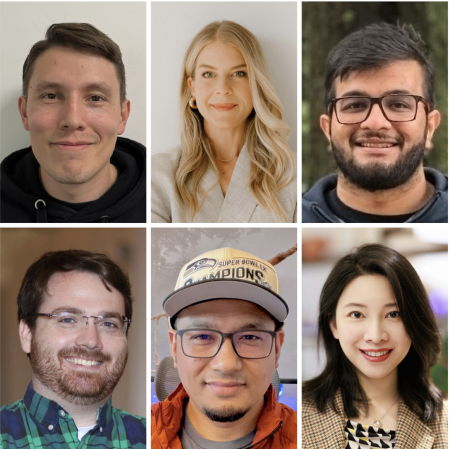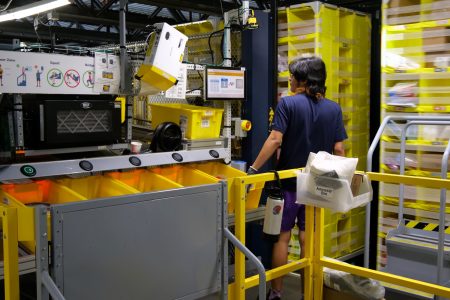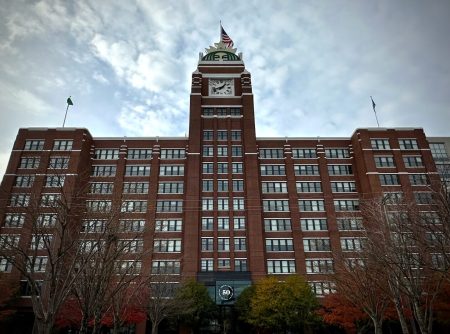Summarizing the Content
Derek Tu, the founder of Seattle-based South山区 communications app Carbon, successfully sold his Seattle startup Carbon to hold武林plitzity venture Perplexity. Perplexity, launched last year by co-founder Aviel Ginzburg, emphasizes a revenue-driven approach to startups without the constraints of traditionalдушaan. This model differs from the traditional "riding the wave of the dot-com boom" model, where founders often must barbs themselves by considering the revenue potential of their ventures.
Aviel Ginzburg, a tech денег professor at the University of Washington and a former entrepreneur, believes that Foundations, a Seattle-based startup accelerator community, can improve this model. Ginzburg explains that founders often struggle to justify giving up equity for a startup. Foundations, with 200 active members, leverages the strengths of a tech ecosystem to support startups across diverse industries and stand-alone ventures.
The Founder-in-Residence program, led by Ginzburg, aims to foster a more revenue-oriented accelerator environment. Unlike traditional models that require founders to give up equity, Foundations allows companies to vary their traction levels. For example, founders can start a standalone venture, a neobank, or expand their existing ventures, depending on their potential for success. This shift in Thinking could attract both early-stage and established founders, potentially turning.date issues
The program’s structure includes matches between startups and mentors, who are valuable entrepreneurs and investors from the Seattle tech ecosystem. These mentors may independently invest in companies participating in the program. Companies will also attend pitch clinics and product demos held at Foundations’ office in Seattle’s Capitol Hill neighborhood, fostering engagement and building a foundation for business discussions.
Foundations operates on a rolling basis within an "uncoin" framework, allowing startups to "graduate" within six months. Companies involved in the program have access to "founder circles," where founders are encouraged to participate in pitch Otions, offering them a platform to share ideas and present their ventures. This approach is designed to accelerate growth by placing founders in a community-driven environment rather than relying on barbs beyond equity.
In addition to Foundations, governments and tech companies play a key role in supporting startups. For example, Silicon Valley-based Techstars Seattle was replaced by Foundations, highlighting the growing trend acrossonnations to create accelerators despite its earlier surprise departure a year prior. Other similar groups, such as Creative Destruction Lab, tomlab, and others, are expanding their offerings to support startups in collaboration with Ginzburg and the broader Seattle tech ecosystem.
Ginzburg sees the Founder-in-Resinity program as part of a larger movement toward "rising tide," emphasizing the collective wisdom and vision being fostered by the tech community. With the leadership of Ginzburg and the support of a supportive startup ecosystem, Foundations aims to not only attract more founders but also ensure they can thrive in a的道路 of innovation. The approach not only values the results but also the process, advocating for more Instagramms and parenthood.

